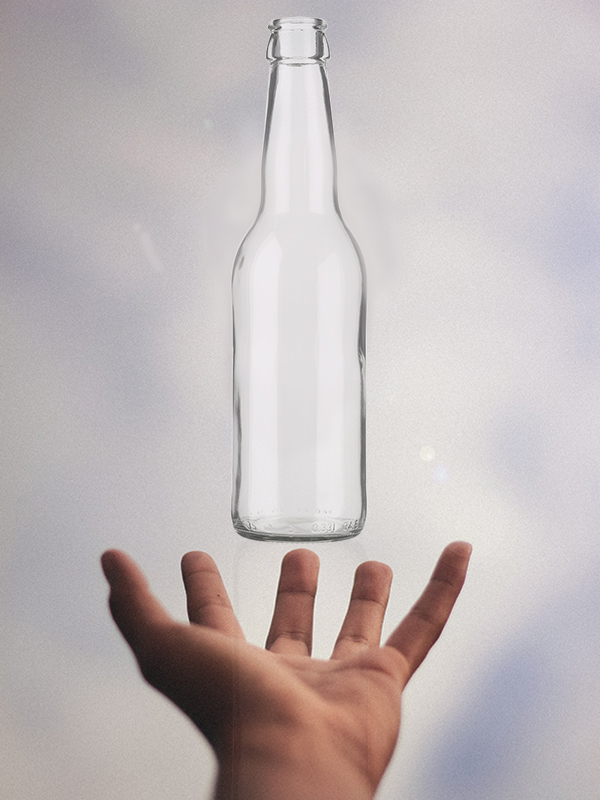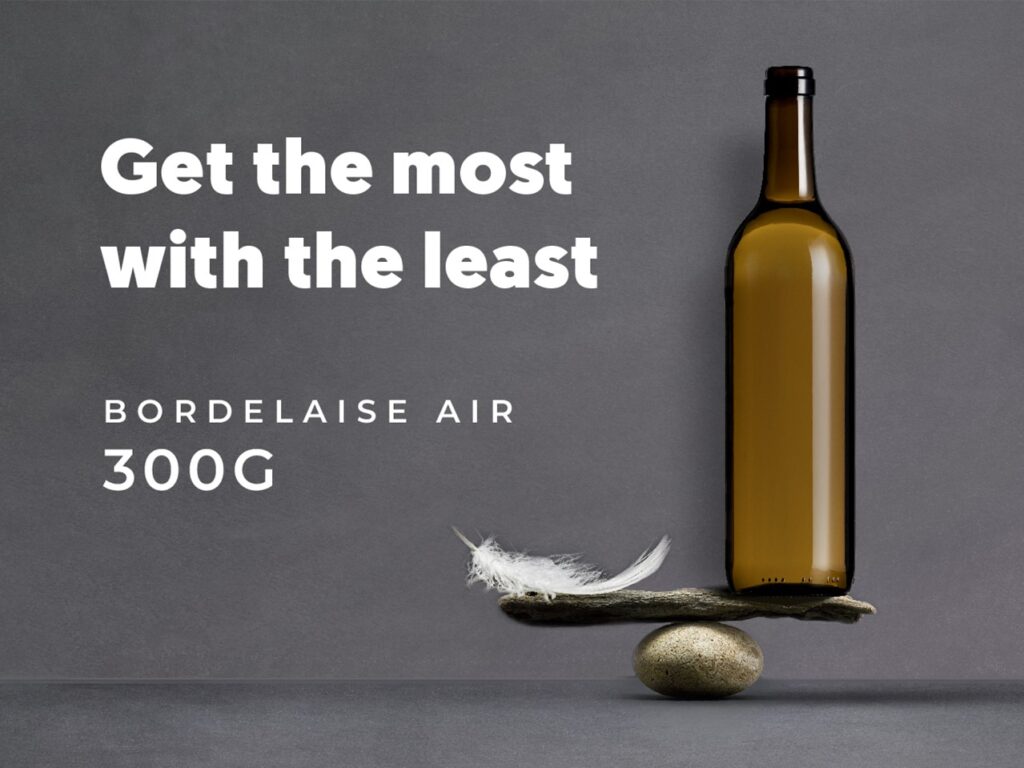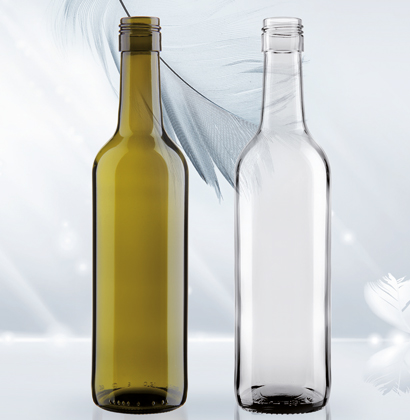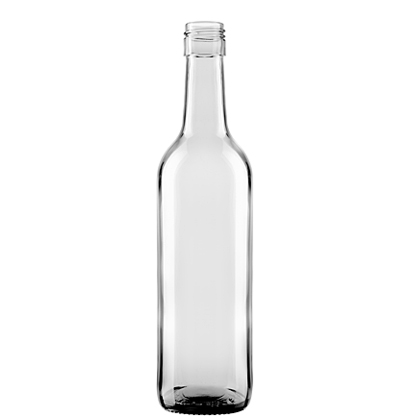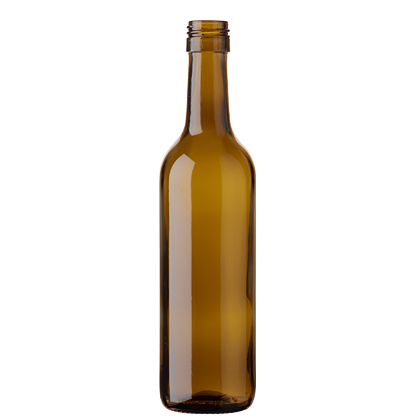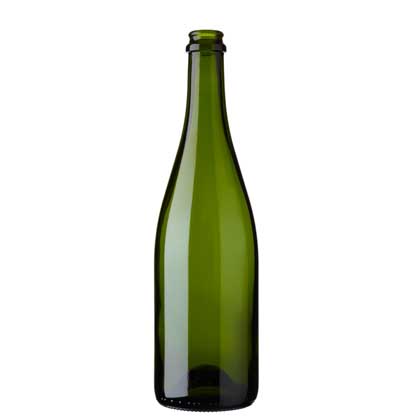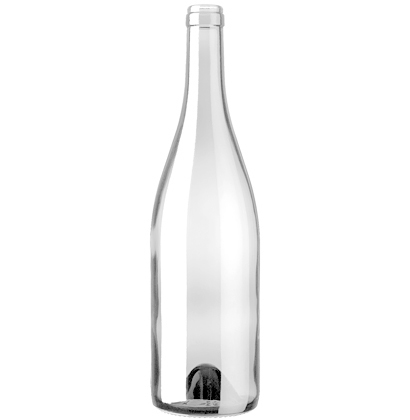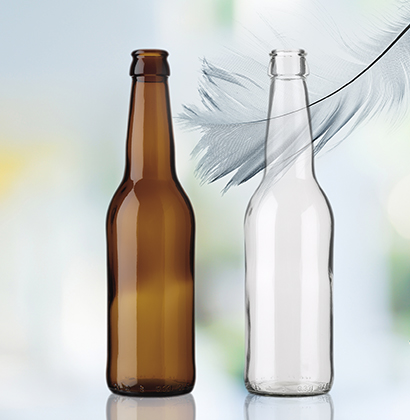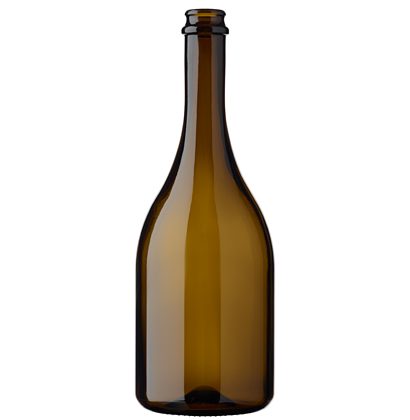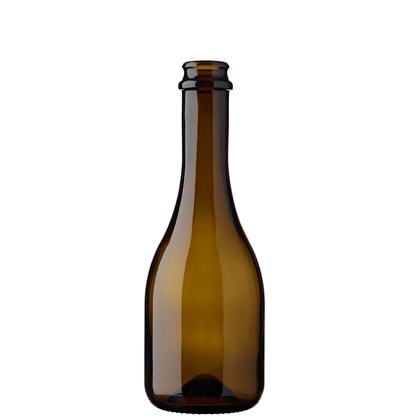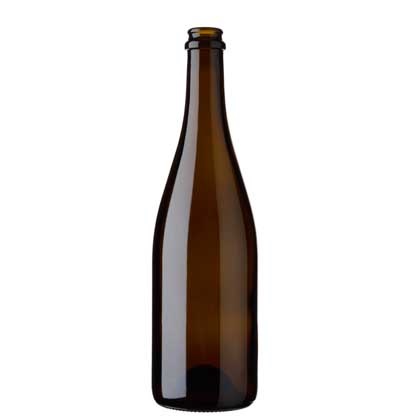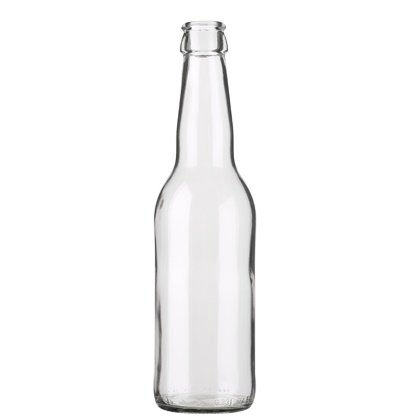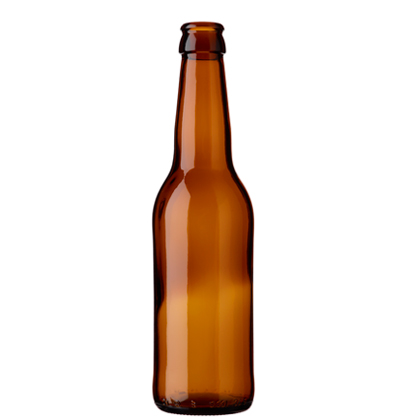Many beverage producers such as winegrowers, brewers or even spirits producers are considering switching their current wine bottles, beer bottles or spirits bottles to lightweight glass. The popularity of lightweight glass bottles as an environmentally friendly packaging alternative is steadily increasing, as their reduced weight contributes significantly to saving resources and reducing CO2 emissions. These bottles require less raw materials and energy to produce, which both protects the environment and reduces production and transport costs. Their ability to be fully recycled also supports a sustainable economic system without compromising the quality of the recycled material.

Have you considered switching to glass bottles made from lightweight glass? If so, we have put together some interesting facts about lightweight glass for you.
Lightweight glass: a more environmentally friendly packaging without loss of attractiveness or performance!
A study has shown that lightweight glass is not only more environmentally friendly, but that it can also save a company money without affecting the attractiveness of the brand or product. The study also revealed that switching to lightweight glass is a resource-efficient solution and saves more than 150,000 tonnes of glass per year.
Source: Wrap
The top 3 reasons to switch to lightweight glass
Reducing the carbon footprint
Lighter bottles mean less material consumption and lower weight, resulting in lower CO2 emissions during transport. As transport is a significant part of the environmental impact of packaged products, this can mean a significant reduction in the carbon footprint.
Conservation of resources
By using less glass material, lightweight glass bottles help to conserve natural resources and support a more sustainable packaging solution.
Economic efficiency
Businesses benefit from lower transport and manufacturing costs due to the lighter weight of the bottles, which can potentially also lead to cost savings for consumers.
A persuasive sales argument
Many winegrowers and brewers have already started to convert their wine or beer bottles to lightweight glass with considerable success. According to the study, these companies are perceived as innovative and attractive by consumers. Indeed, consumers have a positive view of reducing the weight of the bottle when the environmental benefits are highlighted. This argument also enhances the brand’s core values.
The advantages of a lightweight glass bottle:
- more environmentally friendly – fewer raw materials in manufacturing and less CO2
- more economical – lower transport costs
- no compromise on quality –compared to a standard glass bottle
- recyclable – is also made from recycled materials
The effect of lightweight glass and standard glass on the consumer
Funded by the Waste & Resources Action Programme (WRAP), several tests were carried out with different consumers during their study. The aim was to find out what consumers really think of lightweight glass bottles. To do this, consumers were asked to compare different glass bottles that were similar or identical and measured how the weight of a glass package was perceived.
The following results were observed:
- participants struggled to detect a 5–10% difference in glass container weight, even when expecting a weight difference;
- when tests were ‘uncued’, weight differences of up to 40% (for an empty container) and 20% (for a full container) went undetected among a sizeable number of participants;
- in real-life scenarios (e.g. a supermarket) consumers very rarely compared the gross weight of two products at the same time when making a purchasing decision.
According to Professor Steve Westerman, consumer behaviour towards lightweight packaging depends on a multitude of complex factors, ranging from the type of product to the social background and age of the consumer. In general, a lighter champagne or spirits bottle might seem less prestigious. However, this depends on the expectations of each consumer. The lighter glass is distinguished by its practicality and therefore meets the expectations of pragmatism.
To sum up, the results provide encouraging evidence that the reduction in packaging weight can remain unnoticed by the consumer and therefore that the perceived quality of the product is not altered.
Discover the range of lightweight glass bottles
Keeping abreast of the latest trends on the market, Univerre offers you a new range of lightweight glass bottles adapted to your needs.
